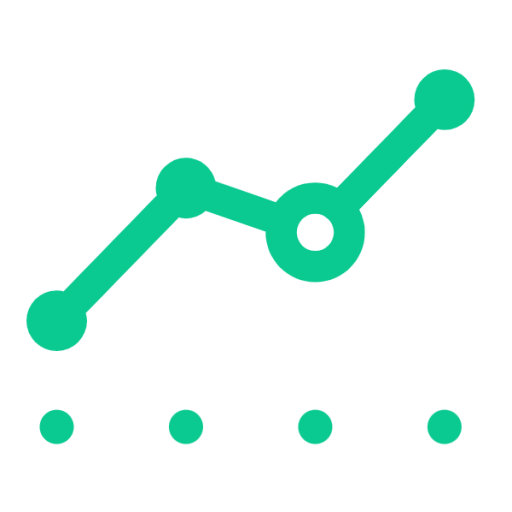Understanding Accounting Methods: What You Need to Know
When it comes to keeping track of a business’s finances, one of the most crucial factors to consider is the accounting method used. In this blog post, we’ll break down what accounting methods are, the different types available, and why choosing the right one matters for your business.
What Are Accounting Methods?
An accounting method is basically a way of tracking and reporting your income and expenses. It helps businesses decide when to record income and costs. Two primary methods are widely used: cash basis and accrual basis. Choosing the right accounting method is essential because it can affect how your financial statements look and influence decisions made by stakeholders like investors and tax authorities.
Cash Basis Accounting
What Is It?
Cash basis accounting is one of the simplest methods to understand. In this approach, income is recorded when it is actually received, and expenses are recognized when they are paid. It’s like keeping track of your finances the same way you would balance your personal checkbook.
When to Use Cash Basis Accounting
This method is often used by small businesses, sole proprietors, and freelancers because it’s straightforward. If your business has straightforward transactions, cash basis accounting can be the best fit. It’s easier to understand, and you only pay taxes on income that has been received, not just invoiced.
Advantages of Cash Basis Accounting
- Simplicity: It’s straightforward and easy to maintain.
- Tax Timing: You only pay taxes on money that has entered your cash register.
- Easy Cash Flow Management: It allows you to recognize income and expenses in real-time.
Disadvantages of Cash Basis Accounting
- Limited in Scope: It may not provide a clear picture of your company’s financial health, especially if transactions happen over time.
- Not GAAP Compliant: Generally Accepted Accounting Principles (GAAP) don’t permit cash basis for larger businesses.
Accrual Basis Accounting
What Is It?
Accrual basis accounting is more complex but offers a broader picture of a company’s financial situation. In this method, you record income when it is earned, regardless of when cash is received, and expenses are recognized when they are incurred, regardless of when they are paid.
When to Use Accrual Basis Accounting
This method is typically used by larger companies or those that maintain inventory. If your business’s transactions extend beyond immediate cash and are more complex, accrual accounting may be the better choice.
Advantages of Accrual Basis Accounting
- Comprehensive Financial Picture: Gives a fuller view of income and expenses, allowing for better planning and decision-making.
- GAAP Compliant: Most businesses, especially larger ones, are required to follow GAAP and use accrual accounting.
- Better for Long-Term Planning: It shows expected revenue and expenditure, assisting in future budgeting.
Disadvantages of Accrual Basis Accounting
- Complexity: It can be more complicated, requiring more detailed and careful record-keeping.
- Tax Implications: You may need to pay taxes on income before it has been received, which can be a cash flow challenge for some businesses.
Choosing the Right Accounting Method
Here are some tips to help you decide which accounting method is best for your business:
Evaluate Your Business Size and Scope
If you’re running a small operation, cash basis might be sufficient. However, as your business grows and transactions become more complex, you might need to transition to an accrual system.
Consider Future Expectations
Think about your business goals. If you plan to grow significantly, use an accounting method that can accommodate more complexity.
Consult a Professional
If you’re still unsure, consider reaching out to a CPA. An experienced accountant can provide insights tailored specifically to your company’s needs.
Transitioning Between Methods
If you find that your accounting method isn’t fitting your business needs anymore, transitioning is possible but can require some effort. It’s essential to maintain thorough records and possibly consult with a financial professional to facilitate a smooth transition.
Conclusion
Understanding accounting methods is vital for anyone running a business. The choice between cash basis and accrual basis accounting can significantly impact your financial health and tax obligations. Ensure you pick an accounting method that suits your business model, size, and long-term goals.
If you’re interested in diving deeper into financial strategies and tips to improve your business, consider visiting Stock Pulsar for more information.
By analyzing your current methods and being aware of your options, you can make better financial decisions and pave the way for your business’s success. Happy accounting!



